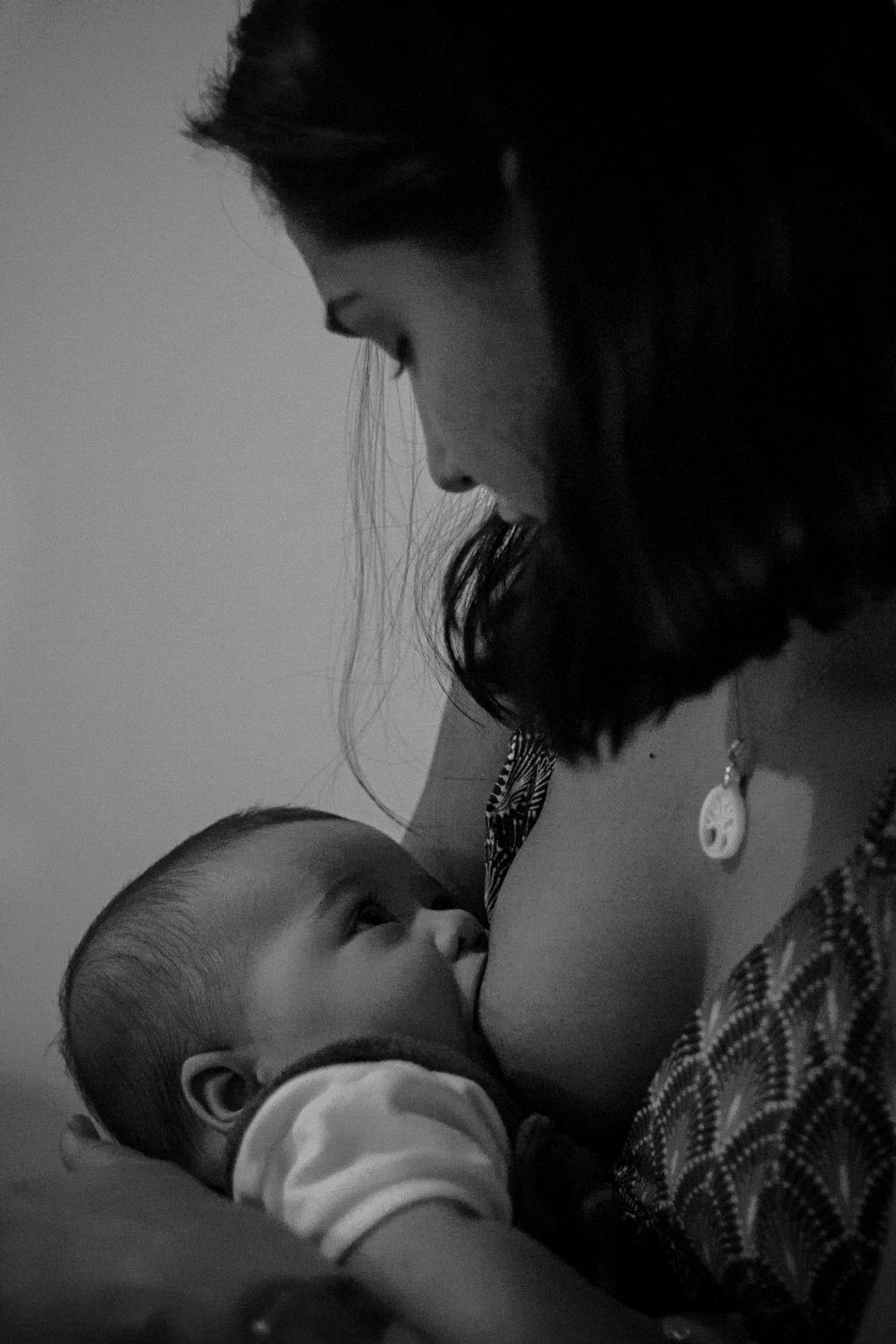Recently, the internet was abuzz with a rather bizarre story claiming that a lady had breastfed a cat on a plane. However, upon closer examination of the facts surrounding this viral tale, it becomes evident that there is more to the story than initially meets the eye.
The Truth Behind the Viral Video
Reports from reputable sources such as Newsweek reveal that the purported incident of a lady breastfeeding a cat on a plane is, in fact, a parody video. According to Newsweek, the sketch was created by The Gooch, a Facebook page known for its collection of satirical sketches.
Creating Context: Understanding Parody Content
It is crucial to understand the nature of parody content in the age of social media. Platforms like Facebook host a myriad of pages that specialize in creating humorous and exaggerated videos to entertain their audiences, often blurring the lines between reality and fiction.
Discerning Fact from Fiction
In a world where information spreads rapidly across the internet, it is essential to exercise critical thinking and discern the truth from sensationalized stories. The viral nature of social media can sometimes lead to the propagation of misinformation, making fact-checking an indispensable skill.
The Power of Viral Stories
Viral stories have the potential to captivate audiences and evoke strong reactions. The allure of sensational content often lies in its ability to elicit surprise, amusement, or even disbelief. However, it is crucial to approach such stories with a healthy dose of skepticism.
Media Literacy in the Digital Age
Enhancing media literacy is essential in navigating the complexities of the digital age. With the proliferation of fake news and misleading narratives, individuals must sharpen their critical thinking skills to distinguish between fact and fiction.
Fact-Checking Resources
Various fact-checking websites and organizations exist to help individuals verify the authenticity of viral stories. By utilizing these resources, individuals can ensure that they are consuming accurate information and contributing to a more informed society.
The Impact of Viral Misinformation
Despite the entertainment value of viral stories, the spread of misinformation can have far-reaching consequences. Misleading narratives have the potential to shape public opinion, influence decision-making, and perpetuate harmful stereotypes.
Responsibility in Sharing Content
As digital citizens, we have a responsibility to critically evaluate the content we encounter online before sharing it with others. By being mindful of the potential impact of our actions, we can help combat the spread of misinformation and promote a more informed online community.
Critical Thinking in the Age of Social Media
Cultivating critical thinking skills is more important than ever in the age of social media. By questioning the validity of viral stories and conducting thorough research, individuals can empower themselves to make informed decisions and resist the influence of misinformation.
Conclusion: The Importance of Fact-Checking
In conclusion, the tale of a lady breastfeeding a cat on a plane serves as a vivid reminder of the need for fact-checking and media literacy in the digital age. By approaching sensational stories with a critical eye and verifying their authenticity, we can help ensure that the truth prevails amidst the sea of viral misinformation.

